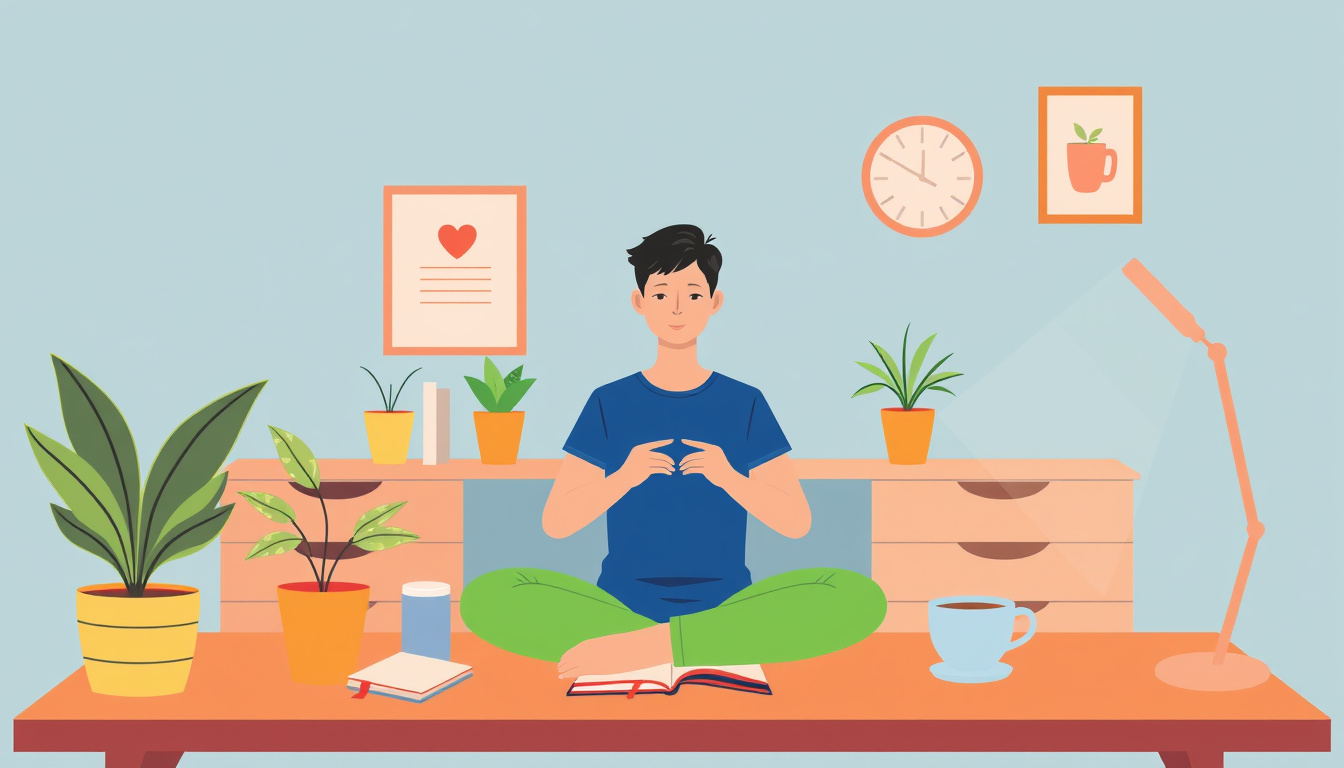The Importance of Knowing When to Take Breaks for Enhanced Productivity and Well-Being

In today’s fast-paced world, the importance of taking breaks can often be overlooked. Whether in the workplace or in daily life, the tendency to push through tasks without adequate rest can lead to burnout and decreased productivity. Understanding when to take breaks not only enhances performance but also significantly improves overall mental and physical well-being. This article discusses the signs that indicate you need a break and offers tips on how to incorporate effective breaks into your routine.
Recognizing the Signs That Indicate a Needed Break
Knowing when to take a break is crucial for maintaining balance and avoiding the pitfalls of burnout. Here are some common signs that it might be time for you to step back and recharge:
-
Restlessness and Inability to Focus: If you find it hard to sit still or feel overwhelmed by your to-do list, this may signal mental fatigue. A restless mind often struggles to concentrate, making it difficult to be productive. Taking a moment to pause can help regain your focus and calm a racing mind.
-
Sleep Disturbances: If your stress levels are affecting your sleep, leading to insomnia or frequent wakefulness during the night, it’s a clear sign that a break is necessary. Sleep plays a vital role in mental health and cognitive function, so prioritizing rest can enhance your ability to manage tasks effectively.
-
Changes in Eating Habits: Noticing a shift in your appetite—be it eating more due to stress or skipping meals—can indicate that your emotional well-being is being affected. Healthy nutrition is vital for sustaining energy levels and focus, so recognizing this change can prompt you to take necessary breaks to refuel.
-
Lack of Motivation: If activities you once enjoyed begin to feel like chores, this can be a significant indicator of burnout. When you start dreading work or losing interest in hobbies, it may be time to take a step back and re-evaluate your routine.
-
Physical Symptoms: Frequent illnesses or constant feelings of fatigue can be manifestations of chronic stress. Our bodies often react to overwhelming stress by compromising our immune systems. If you notice a pattern of physical discomfort or illness, a break could help improve your health.
-
Neglecting Self-Care: When self-care takes a backseat—whether that means skipping meals, avoiding exercise, or neglecting personal hygiene—it’s a definite wake-up call. Prioritizing your well-being is essential for productivity, so recognizing this neglect can remind you to take a much-needed break.

Effective Strategies for Taking Breaks
Understanding the signs is just the beginning. Knowing how to take effective breaks will make a substantial difference in your productivity and well-being:
-
Plan Short, Frequent Breaks: Incorporating brief breaks every couple of hours can prevent fatigue and promote sustained focus. Techniques like the Pomodoro technique involve working for a set period (e.g., 25 minutes) followed by a 5-minute break. This structured approach helps maintain energy levels throughout the day.
-
Engage in Relaxation Activities: Use breaks to do activities that help you relax, such as deep breathing, meditative practices, or stretching. Even brief moments devoted to mindfulness can significantly alleviate stress.
-
Get Outside: If possible, step outside during your breaks. Nature has restorative properties that can refresh your mind and improve your mood. A short walk outdoors not only provides a change of scenery but also promotes physical activity, which is beneficial for mental health.
-
Pursue Enjoyable Activities: Use breaks to engage in hobbies that bring you joy—whether that’s reading, painting, or gardening. Doing something you love can be invigorating and can help recharge your mental batteries.
-
Evaluate Your Environment: Sometimes, a cluttered workspace can add to feelings of stress. Use a break to tidy up your area, as a clean environment can boost productivity and provide a more calming atmosphere.
The Bottom Line
Understanding when to take breaks is essential for maintaining high levels of productivity and ensuring mental well-being. By recognizing the signs of stress and implementing effective break strategies, you can cultivate a healthier work-life balance. Remember, taking breaks is not a luxury but a necessity—allowing you to recharge, reflect, and refresh so you can return to your tasks with renewed energy and focus. Prioritize your mental and physical health, and don’t hesitate to take the necessary steps to improve your overall well-being.
